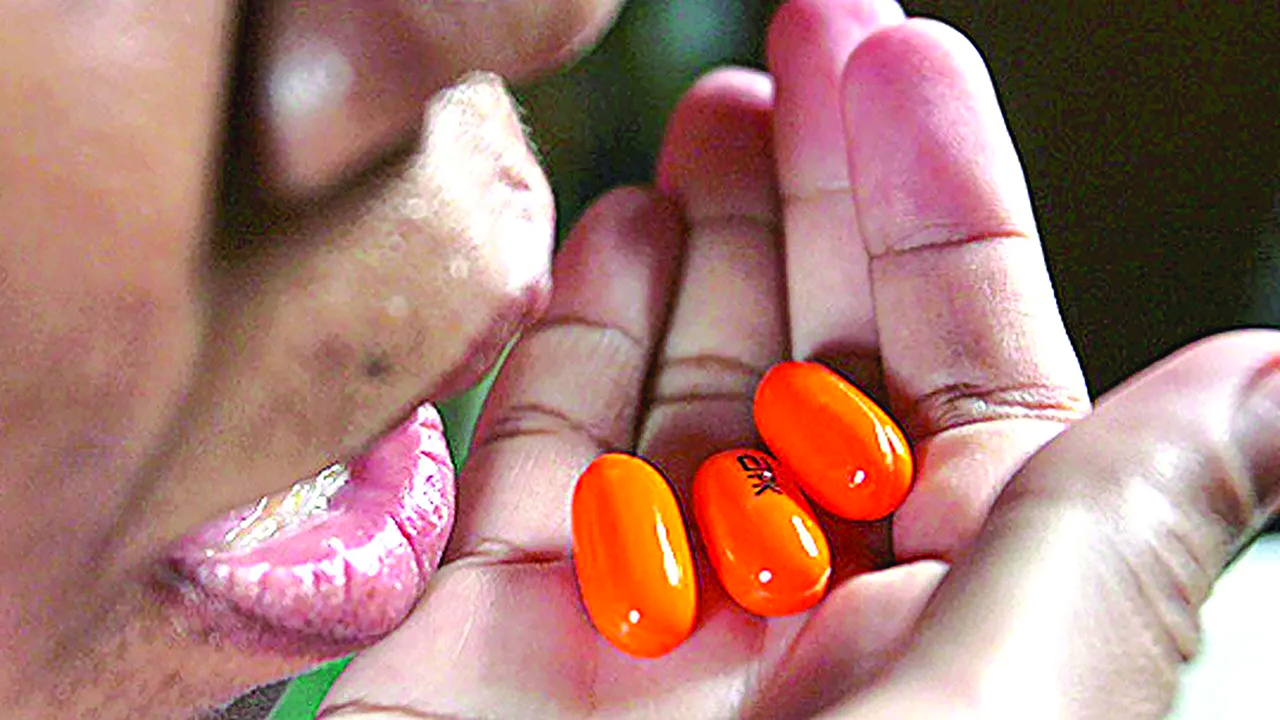
No fewer than 1.6 million out of the two million people living with HIV in Nigeria are currently receiving treatment, the Director General of the National Agency for the Control of AIDS, Dr Temitope Ilori, has declared.
Ilori made the declaration at a press conference in Abuja, yesterday, ahead of the 2024 World AIDS Day, themed, “Take the Right Path: Sustain HIV Response, Stop HIV Among Children and End AIDS in Nigeria by 2030.”
World AIDS Day is observed globally on December 1 to raise awareness about HIV and AIDS and to honour the lives affected by the epidemic.
Ilori explained that this year’s commemoration would place special emphasis on stopping AIDS among children and raising awareness about the sustainability and ownership of the HIV response.
“Nigeria has an HIV prevalence rate of 1.4 per cent among the general population aged 15–64 years, with an estimated two million people living with HIV. About 1.6 million of them are currently on treatment,” she stated, adding: “The country continues to face significant challenges in preventing mother-to-child transmission of HIV.”
The UNAIDS 2023 report shows that approximately 160,000 children, aged 0–14, are living with HIV, with 22,000 new infections and 15,000 AIDS-related deaths occurring each year. Despite progress, Nigeria’s prevention of mother-to-child transmission and paediatric HIV coverage remains below 33 per cent, well below the 95 per cent target.
Ilori added that following a comprehensive data analysis in 2021, NACA joined an international initiative and developed the Global Alliance Action Plan to End AIDS in Children.
The NACA boss also highlighted the agency’s significant achievements in transforming Nigeria’s HIV response over the past year.
Ilori said: “On this World AIDS Day, I call on all Nigerians to join hands with NACA to break the stigma, embrace equity, drive collective action, and stop HIV among our children.
“We must empower every individual, especially women, who are most vulnerable to contracting HIV, and other vulnerable populations, to access life-saving services and live with dignity.
“Together, let us recommit to the vision of an AIDS-free Nigeria by 2030. Ending AIDS is not just a target; it is a testament to our resolve, compassion, and unity as a nation.”
The Country Director of UNAIDS, Leo Zekeng, emphasised the need for sustainability and renewed political commitment in Nigeria’s fight to end AIDS by 2030.
“Sustainability means renewed political commitment and more domestic resources. I know the DG is working closely with the Minister of Finance and the Coordinating Minister of Health to allocate more resources from the government and the private sector to the AIDS response,” he said.





